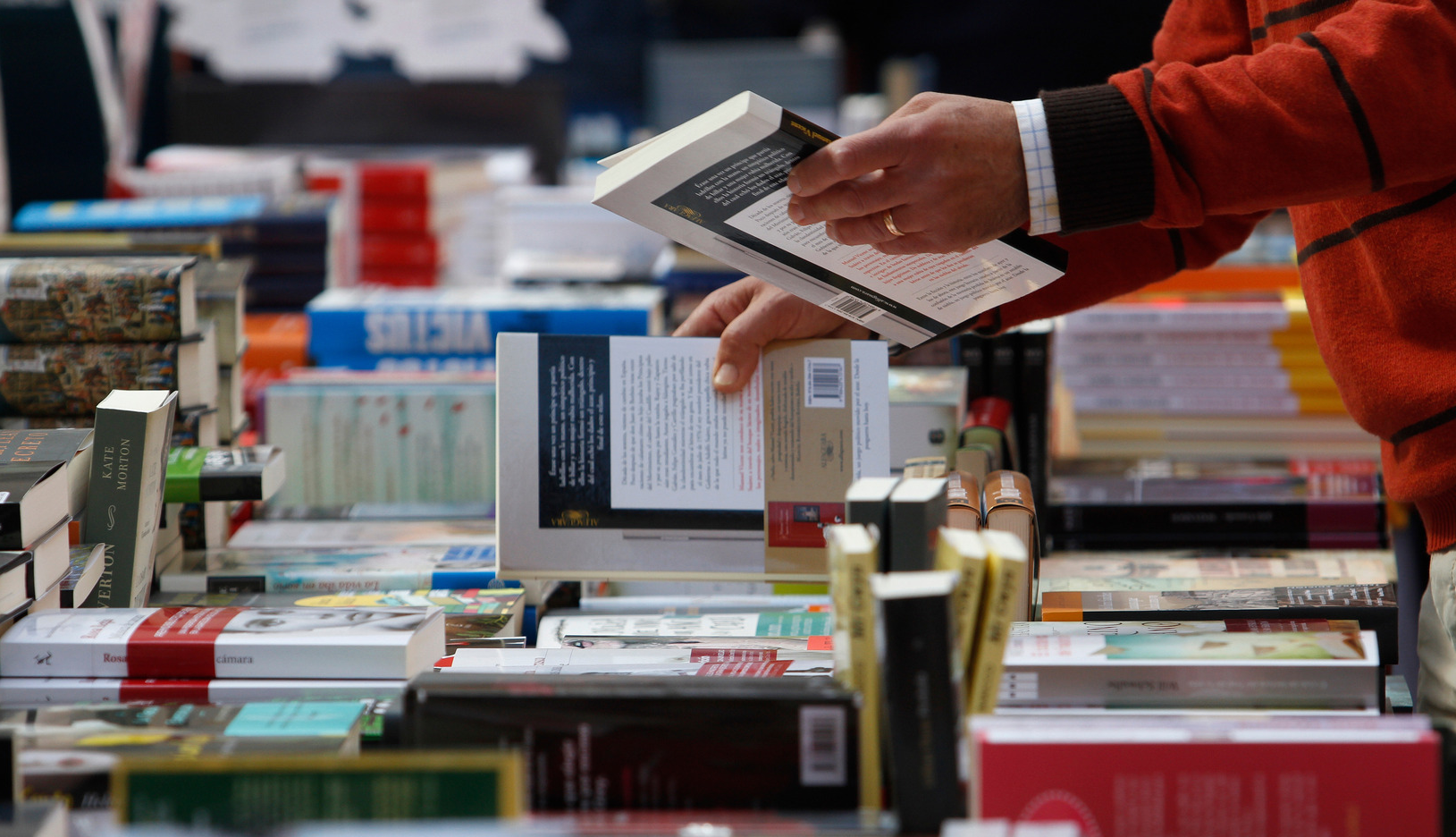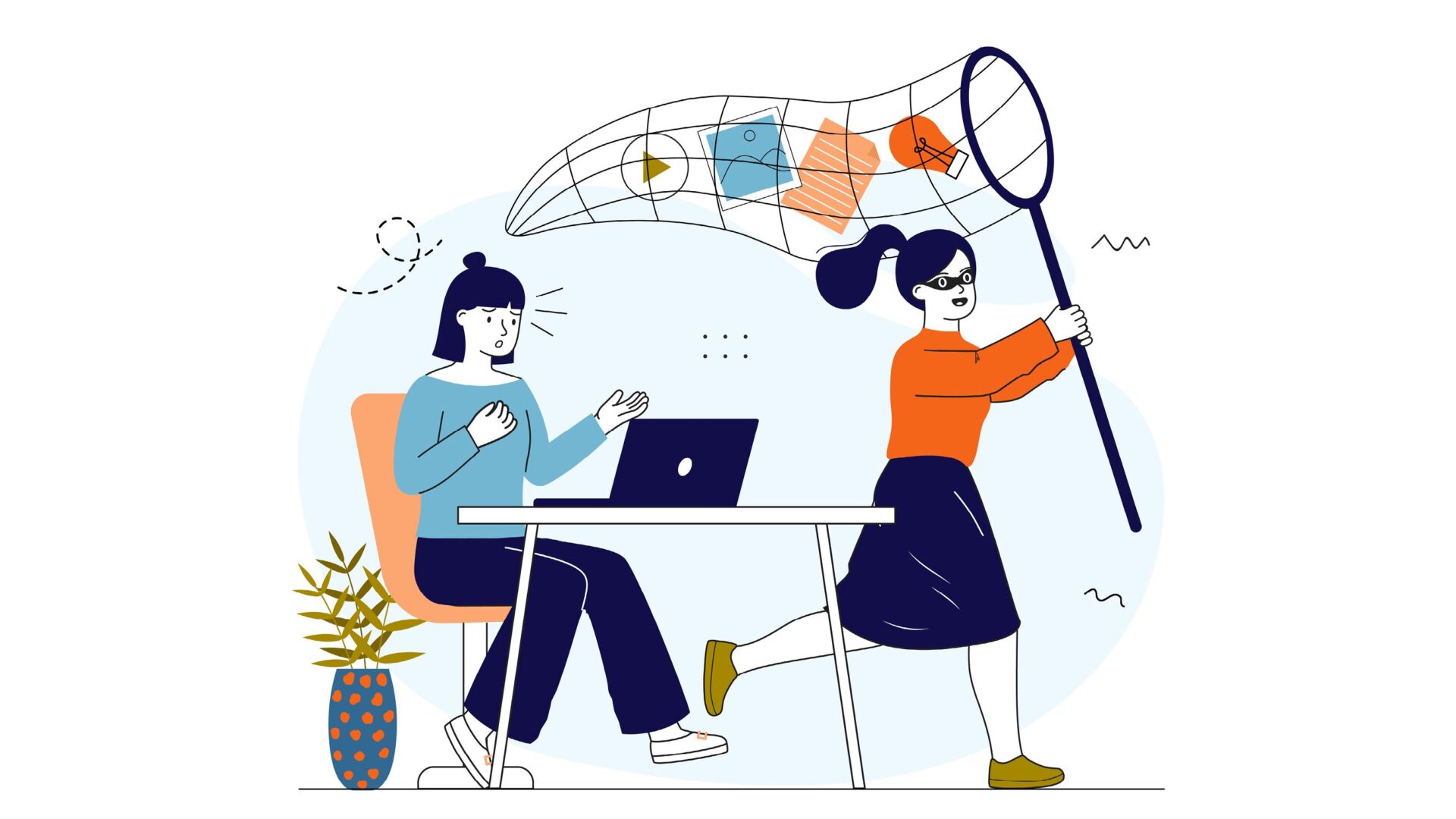Everyone loves a bargain, but as the Fairtrade movement has shown, a good deal for the consumer can add up to a poor deal for the producer. Authors want their books to reach as many readers as possible, but they also need (and deserve) to be paid. As ALCS’s 2022 survey showed, the median income of a full-time professional author is just £7,000.
Publishers and authors do not control the price at which retailers sell books. However, a reader’s buying choices can have a considerable influence on retailers’ prices and therefore author incomes.
If a price is unrealistically cheap, it can damage the author’s reputation and lead to the impression that books are a cheap commodity and reading is an experience that’s not worth very much.
Philip Pullman
Independent and chain high-street booksellers
Most authors receive full royalties on books sold by high-street bookshops, and the physical presence of books on the high street showcases the importance of reading, culture and learning. Many local bookshops also play an important community role, providing venues to promote reading groups and authors.
In addition to staff costs, independent bookshops and chain high-street booksellers pay premium business rates for their high-street presence. They do not have the space to stock books in bulk, so they generally pay more for their stock than online retailers and supermarkets. They also cannot afford to treat bestsellers as ‘loss leaders’.
These overheads mean that high-street booksellers often cannot compete with online retailers and supermarkets on price alone. But where they win hands down is in the experience for book buyers. The joy of browsing physical books and discovering a new work by a favourite author or being led by serendipity to discover a new author is not an experience that can be replicated online.
But while sales by independent bookshops and chains work well for authors, those retailers need customers to survive. So please, support your local bookshop. You can also support local bookshops online by buying from their own website, or through the online platforms mentioned below.
Public libraries
Public libraries provide a huge community benefit, offering free access to books and local resources. Although there is no charge for users, authors still receive a royalty on the initial purchase of their book by the library and a modest payment (called Public Lending Right) of around 8p each time their book is borrowed (whether physical or ebook).
However, many local libraries are facing reduced funding and closure. We urge all readers to use and support their local library and get involved with local campaigns if your library is at risk.
Online retailers
There are many ways of buying books online: here are some of them.
Your local bookshop’s website
Many independent bookshops and bigger chains such as Waterstones, Foyles and Blackwells have an online presence, and you can order books for collection or delivery directly from them through own website. If you can’t find the book that you are looking for, you may also be able to contact your local bookshop by email or telephone to order it.
Bookshop.org, Hive and Litalist
Bookshop.org, Litalist and Hive are platforms which financially support local, independent bookshops and other good causes – see for example the SoA bookshop.org page where purchases support the Authors’ Contingency Fund.
When shopping on these websites, you can select any independent bookshop or charitable cause that partner with the platform: just check that you have selected one before you check out, by clicking through the ‘Choose a Bookshop’ link in the top right corner of the screen. Once you have selected a bookshop, this will appear in the top left corner of your screen.
In addition, Litalist pays a royalty to authors on sales of used books (see below).
Book sales on Amazon
Amazon has done much to raise the profile of books and ensure their wide availability. With its print-on-demand and ebook facilities, it is a strong outlet for self-published works which might struggle to find a publisher, or another bookseller willing to stock them. Particularly with some forms of genre fiction, it is meeting what would otherwise be a gap in the market.
However, we have concerns about many of Amazon’s practices. For a start Amazon is not subject to the same tax rules as high-street bookshops and some are calling on consumers to boycott Amazon.
Amazon also sells new and used books from various external suppliers alongside regular retail sales, directly competing and often at prices which undermine regular sales. The ‘New and Used’ tab for a book often displays a bewildering number of offers at wildly differing prices. Assuming that ‘used’ means second-hand, an author will not receive a royalty on such sales, and even ‘new’ in this context simply means ‘pristine’ rather than ‘a first sale of a book on which the author receives a royalty’.
Some of these cheap books are remaindered stock or surplus stock initially bought by mail order companies or book clubs. Some are heavily discounted titles intended for export. For instance, we are aware of cases where only a hardback has been published in the UK but a paperback version is available in some other territory, and those paperbacks have leaked back into the UK market. In all these examples, authors receive very low royalties on the initial sale, and of course none on that copy’s re-sale on Amazon. At the same time, these versions cannibalise regular retail sales and can undermine the economic viability of publishing the work at all.
We urge Amazon to commit to the undertakings it gave to authors at its inception by prioritising regular retail sales and making it very clear to buyers whether or not a copy is one which will generate an author royalty. We also urge Amazon to strenuously police territorial rights. Where it is within their power, we look to publishers to regulate the circulation of what can end up as cheap second-hand copies.
There are now a number of ethical alternatives to Amazon’s online store, including those listed above.
Ebooks and audiobooks
Authors receive a royalty on legitimate sales of ebooks and for ebook loans from public libraries. There are many legitimate retailers selling ebooks and audiobooks, and you can find out about these companies on Ethical Consumer’s ‘Ethical bookshop guide’ and TrustPilot to ensure that the retailer is legitimate.
For example:
- Hive.co.uk: ebook via Adobe Digital Editions and audiobook on all MP3 compatible devices (includes iTunes)
- Libro.fm: audiobook retailer that shares profits from audiobook purchases with the customer’s chosen bookshop
- Ebooks.com (ebooks only)
- Kobo (ebooks and audiobooks on the Kobo app)
- Glose app (Harper Collins)
- Glassboxx from Firsty Group (Fitzcarraldo)
- Xigxag (Harper Collins; audiobooks only)
- Apple books, Google books and Googleplay books
However, when searching for and downloading ebooks and audiobooks, watch out for the following:
- Free download sites – almost all such sites are illegal. Publishers and authors receive no remuneration for ebooks downloaded from them, and many are fraudulent setups designed to harvest credit card details. Please don’t be taken in.
- Ebook lending sites – ebook lending is usually unlawful in the UK unless it is done through public libraries or other sources authorised by the author and publisher.
- Ebook and audiobook subscriptions may be legal but we are concerned at Amazon’s dominance in this market, which enables it to insist on large discounts from publishers, and to sell ebooks very cheaply or give them away free. Don’t forget there are other ebook and audiobook retailers out there.
- 20% VAT is charged on audiobooks but not on physical books and ebooks. This means that for a £10 audiobook, £1.67 will be deducted in tax leaving less revenue for the publisher and author. We believe that reading of any kind should not be taxed and that VAT on audiobooks should be abolished.
The author’s own website
Some authors, especially those who are self-published, may sell their ebooks and audiobooks directly from their websites.
As well as supporting their work by buying their books, another way of supporting authors, illustrators and translators is to follow them on social media, engage with their posts, and tell a friend if you like their work.
Ultra-high discounts
Ultra-high discounts or special sales are where a publisher sells large numbers of a single book to a retailer at a huge discount. Authors receive much lower royalties for this type of sale. They are particularly prevalent in supermarkets, discount high-street booksellers and general retail chains.
Such companies buy books in large quantities outright, rather than sale or return, so the publisher is paid up-front. This can be attractive for publishers because there is no risk of having large amounts of stock returned if it doesn’t sell. In return, these retailers demand very high discounts from publishers, sometimes as much as 80% or more. This is problematic for several reasons: firstly, it results in lower royalties for the authors, and second, when the retailer has acquired stock outright, and very cheaply, it is likely to offload any unsold copies under ‘New and Used’ on Amazon, where those copies compete directly against royalty-generating sales. Finally, neither publishers nor authors can control the price at which the retailer sells the books, even if a very low selling price undermines authors and high-street bookshops.
Used book sales
Second-hand books have an environmental advantage and it is great to see books shared and loved. However, authors rarely receive royalties or other payments from sales of second-hand books, and while an independent high-street bookseller might struggle to survive, the charity bookshop next door enjoys significant economic advantages – with free, donated stock, volunteer staff and exemption from business rates.
With the launch of AuthorSHARE in June 2021, authors can now receive a royalty on used copies of their books from some online retailers. The scheme is a partnership between online used-book retailers World of Books and Litalist, alongside the Authors’ Licensing and Collecting Society (ALCS) and the Society of Authors.
Payments from the scheme are administered by ALCS, with excess or unpaid royalties being donated to the Authors’ Contingency Fund.
Finally…
There is no doubt that the true benefits of reading, both to readers and to wider society, are immeasurable, and of course all authors want to be read – so do please keep reading. We hope that this information might help inform the routes you take to discover the books you enjoy.
Related links
- See our recorded session on ethical book buying.
- Ethical Bookshops guide | Ethical Consumer | Ethical Consumer
- Martin Reed, ‘A fair deal for authors’ Ethical Consumer (2023) Issue 205, p 37






Great article. I think SOA should make a poster HOW BEST TO BUY BOOKS
to display in libraries, and other public places so more people realise the effects of Amazon deals. I use World of Books for books Waterstones cannot get.
An interesting idea, thank you Jane!
Actually the rate per loan for Public Lending Right is just under 14p this year, down from over 30p last year. (These higher figures represent an unchanged central fund and a reduced total number of loans from libraries: greatly reduced during lockdown, and still somewhat reduced compared with 2019-20.)